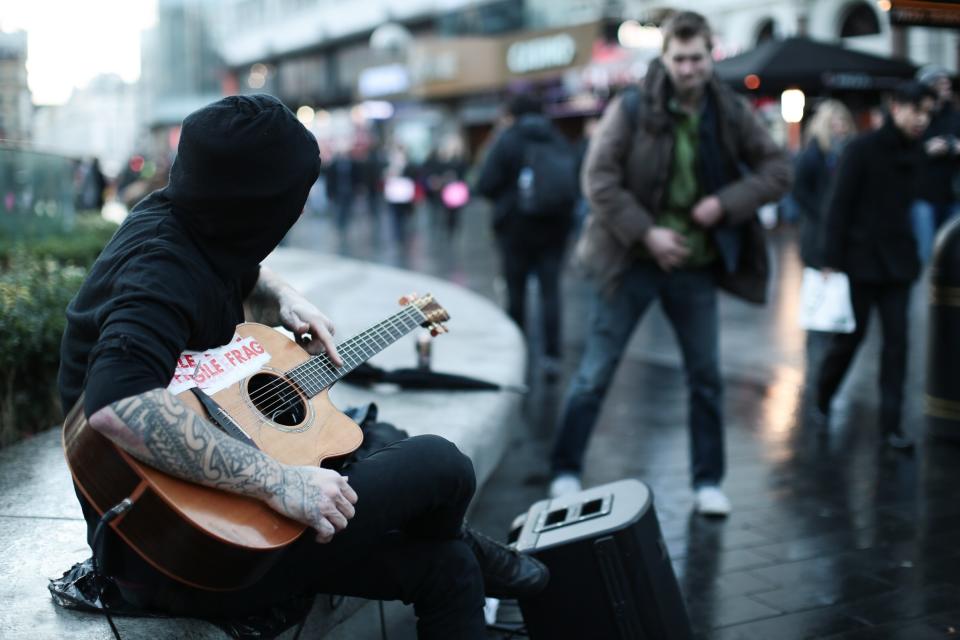'Busybody' councils ban swearing, lying down and playing music

An investigation has revealed how councils are using “unprecedently open-ended powers” in increasingly absurd ways.
‘Busybody’ councils have banned activities such as swearing, playing music and even lying down, according to The Manifesto Club’s latest report into Public Spaces Protection Orders (PSPOs) .
The organisation has been monitoring the use of the powers since their introduction in 2014 under the Anti-Social Behaviour, Crime and Policing Act, and published its first set of findings in February 2016.
The orders can restrict any activity that is deemed to have a “detrimental effect on the quality of life of those in the locality”, which the Manifesto Club describes as “vague” and “without legal precedent”.
Anybody violating these orders is committing a criminal offence and could be fined £100 or prosecuted if they fail to pay.
MORE: Britain will not become a tax haven after Brexit, says Philip Hammond in U-turn
MORE: One in five MPs employ a family member with taxpayers’ money despite ban
In the last 16 months, it has led to the likes of Liverpool City Council banning face coverings and Burnley Borough Council banning under-16s from going out after 11pm.
Nineteen councils have banned or restricted begging, meaning that homeless people can be fined; 18 councils have banned loitering or standing in groups, and four councils have banned ‘non-compliant’ or ‘anti-social’ busking.

Ten councils have passed new orders banning swearing; 11 councils have restricted cycling or skateboarding in public spaces, and 30 councils have restricted dog walking.
Six councils have passed PSPOs restricting charity collection in public spaces; four councils have banned people from sleeping in public places; and two councils have banned feeding the birds.
Incredibly, six councils passed PSPOs restricting charity collection in public spaces, but the greatest number of new PSPOs (44 councils) involved restrictions on public drinking.
The Manifesto Club found that found that in the 16-month period between March 2016 and June 2017, 189 new orders were issued in 107 councils.
This is an increase on the 130 PSPOs issued in 79 authorities in the first 16-month period recorded.
Overall, 152 local authorities in England and Wales now have a PSPO in place, out of the 348 to whom this power is available, meaning 44% of local authorities have used the power since October 2014.
The Manifesto Club, which has published Officious – Rise of the Busybody State, notes that there is no requirement for the council official to consult the public, or to have the order reviewed by democratically elected councillors.

 Yahoo News
Yahoo News 

